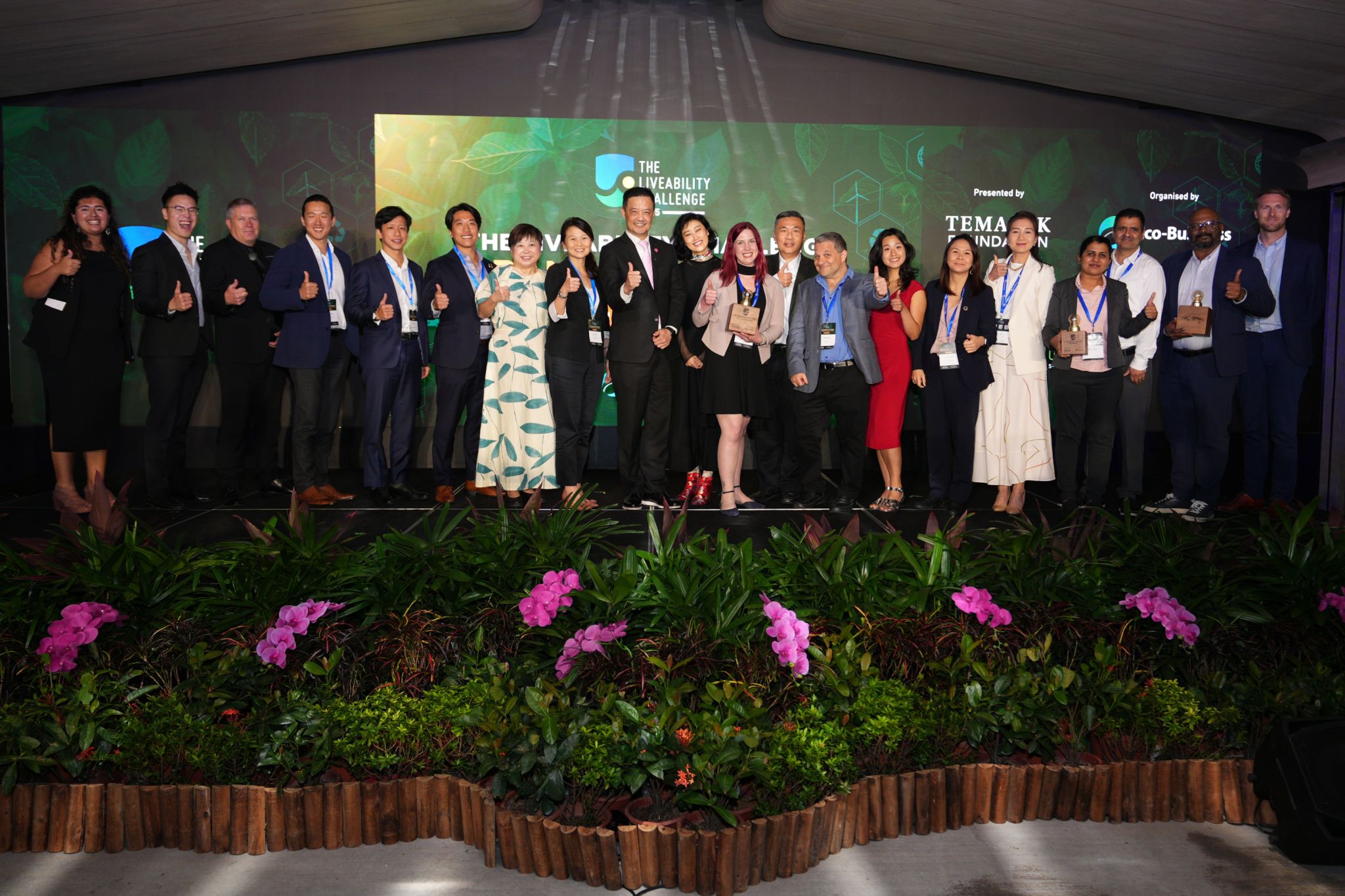
In the global pursuit of net-zero, few sectors have attracted as much strategic interest and posed as many complex challenges as hydrogen. Touted as a vital decarbonization tool for heavy industry, long-haul transport, and power storage, hydrogen has long been held back by one persistent bottleneck: how to move and store it at scale.
As reported by the World Economic Forum, researchers at the Argonne National Laboratory in 2019 revealed a striking insight: while hydrogen production costs account for just 15% of the final cost at the dispenser for hydrogen used in transportation, the remaining 85%—the so-called “hidden” costs—are often overlooked.
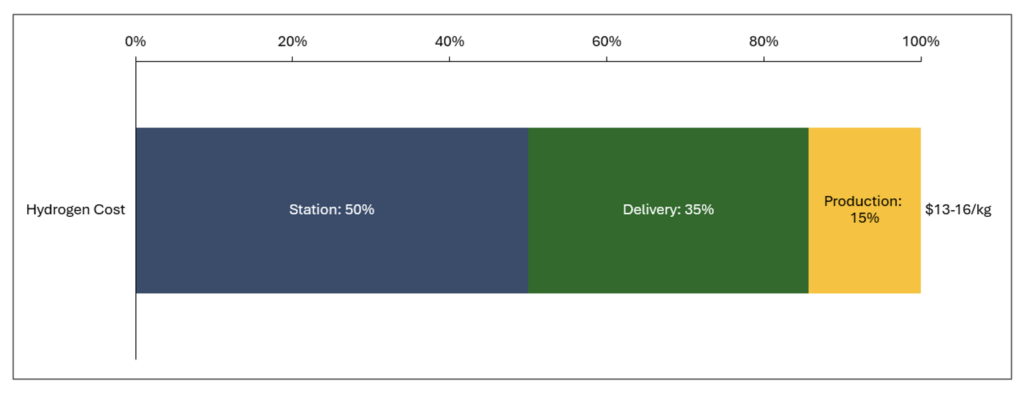
To make hydrogen-powered heavy-duty transportation economically competitive with diesel, these hidden costs must also be addressed. Reducing these barriers is crucial to unlocking hydrogen’s full potential in the energy transition.
Today’s most common methods—such as high-pressure gas cylinders or cryogenic liquid hydrogen—are costly, energy-intensive, and logistically difficult to deploy, especially across emerging and fast-growing markets. These infrastructure demands introduce friction that slows adoption and limits access, particularly where large-scale capital investment is impractical or infeasible.
But what if hydrogen didn’t have to be stored like ‘hydrogen’?
Ayrton Energy, one of Antares Ventures’ portfolio companies, is working to rewrite this part of the hydrogen story. Rather than transporting hydrogen in its elemental form, Ayrton uses a Liquid Organic Hydrogen Carrier (LOHC) approach—specifically, its proprietary e-LOHC™ system.
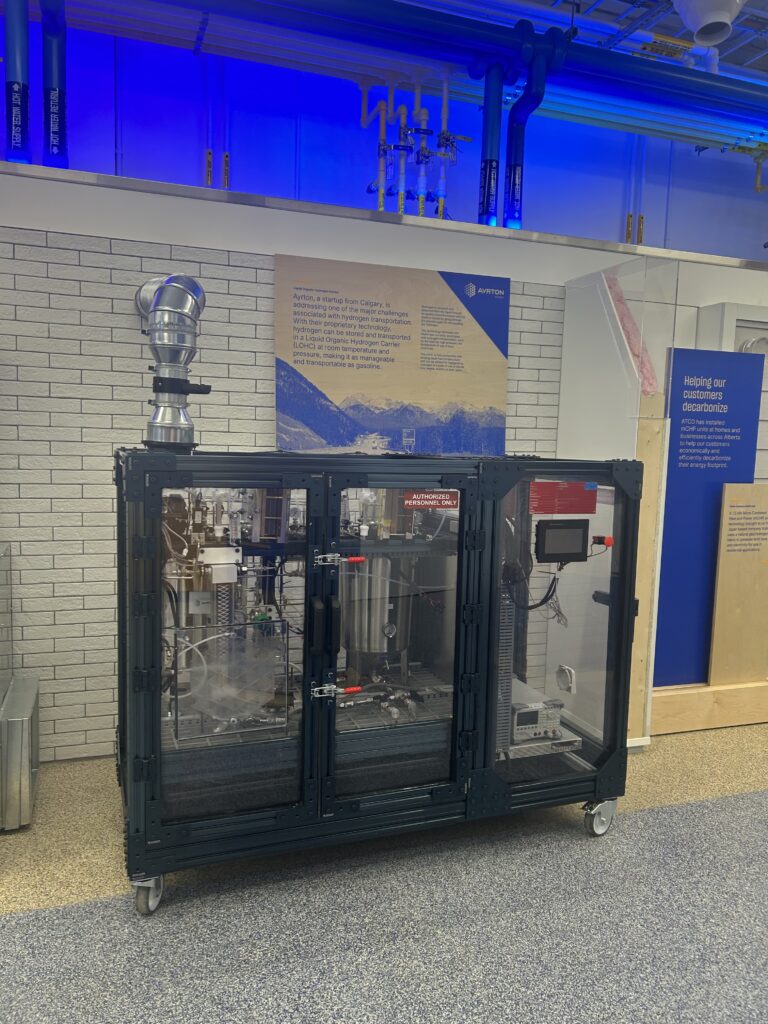
This method allows hydrogen to be stored and transported at room temperature and pressure, in a chemically bonded form, using liquids that behave similarly to existing fuels. It’s a major departure from traditional hydrogen logistics—and one that comes with practical advantages for safety, scalability, and cost-efficiency.
More importantly, it eliminates the need for expensive cryogenic or high-pressure systems, addressing two of the most persistent cost drivers in hydrogen supply chains.
Founded by mechanical engineer Natasha Kostenuk, P.Eng (CEO), and chemist Brandy Kinkead, PhD (CTO), Ayrton Energy brings together deep expertise in energy commercialization and advanced chemistry. With Natasha’s two decades of experience in scaling energy ventures and Brandy’s technical leadership in fuel cell and nanomaterials innovation, the duo is uniquely positioned to solve hydrogen’s toughest infrastructure challenges. Their combined vision and capabilities are turning a bold hydrogen concept into an investable, real-world solution.
Ayrton’s e-LOHC™ technology is built with compatibility in mind, designed to plug into the infrastructure we already have: liquid fuel tanks, road tankers, pipelines, and distribution systems. This infrastructure readiness enables easier rollout, reduces deployment friction, and accelerates hydrogen’s path to market, particularly in Asia’s rapidly growing industrial hubs.
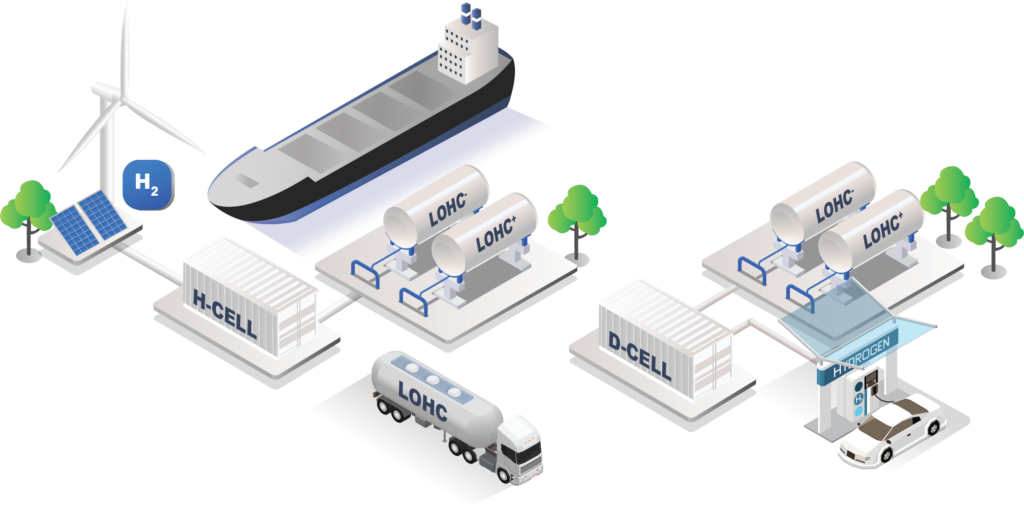
Rather than waiting for a new hydrogen economy to be built from scratch, Ayrton’s approach makes use of the one we already have, unlocking near-term momentum in markets where clean energy needs are most urgent.
Ayrton Energy’s pioneering pilot project with ATCO Gas, now live at ATCO’s Fort Saskatchewan Operating Center, brings their e-LOHC™ technology to life. As one of the largest Canadian natural gas companies, ATCO Gas delivers safe, reliable natural gas distribution services to more than 1.3 million customers in Canada and Australia. The milestone project is being showcased recently during Canadian Hydrogen Convention in April 2025 and demonstrating Ayrton’s innovative e-LOHC™ technology.

This pilot is proving that hydrogen can be safely stored and moved at scale without waiting for massive infrastructure overhauls. It’s a significant step toward turning hydrogen from a vision into a practical, scalable energy solution. Seeing it in action through site tours at Fort Saskatchewan shows that the future of hydrogen is already here.
Looking back in September 2024, when Antares Ventures participated in Ayrton Energy’s $6.8 million seed funding round, we saw the potential of their innovative hydrogen storage and transport technology. As Asia accelerates its transition to a low-carbon future, hydrogen is becoming a cornerstone for decarbonizing sectors where electrification alone falls short. Ayrton Energy was a natural fit for our strategy of backing deeptech ventures that address critical gaps in the energy transition, and we’re excited to see their progress in Asia’s growing market.
This week in May 7, 2025, Ayrton Energy just become a winner on Temasek Foundation’s The Liveability Challenge, one of Asia’s leading platforms for sustainability innovation. They’re also a finalist in the upcoming 2025 Alberta Cleantech Awards, recognized for their leadership in venture innovation.
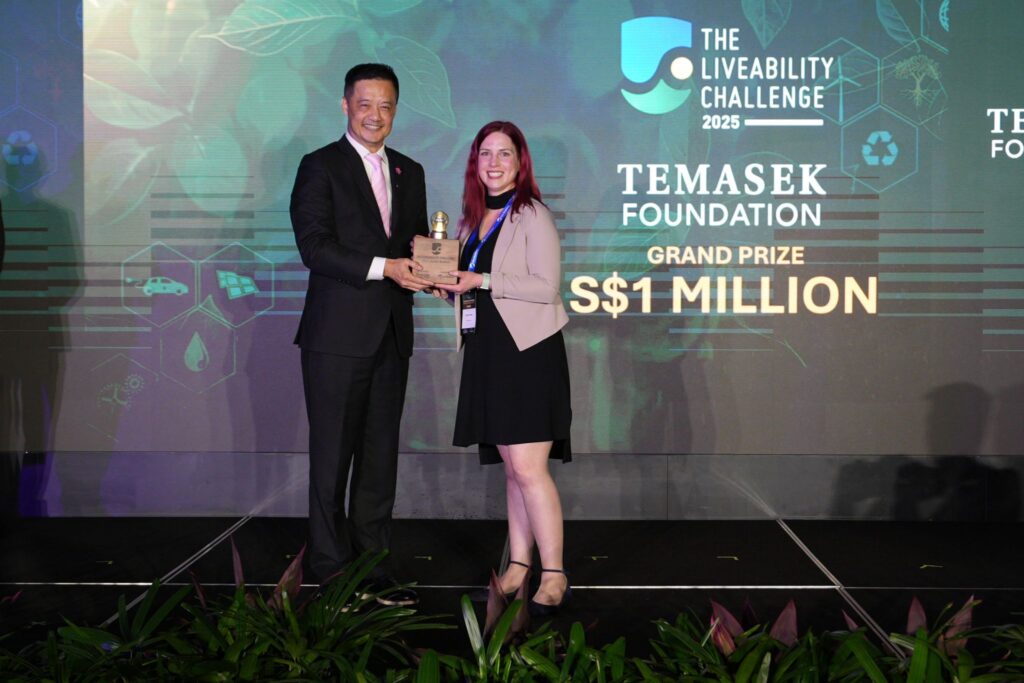
These moments highlight the increasing recognition of their approach and the growing relevance of their work, particularly in the Asia Growth Market. As Brandy mentioned during the final celebration, “We’re really excited to be able to have this funding support and cement our position in Singapore and Southeast Asia.”
But more importantly, they represent a broader signal: hydrogen is entering a phase where technology, infrastructure, and investment are finally beginning to converge. The companies solving real-world challenges, quietly and practically, are the ones worth watching.